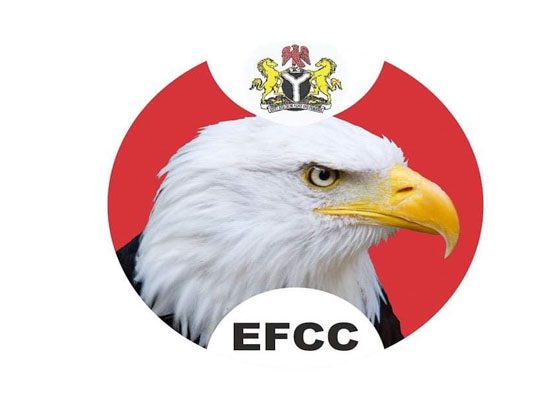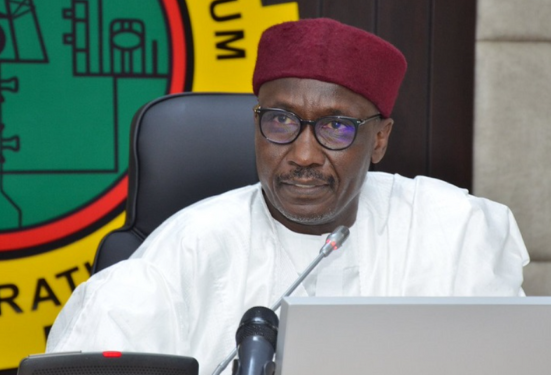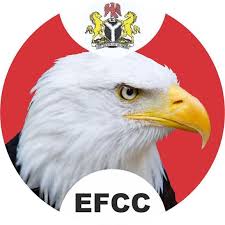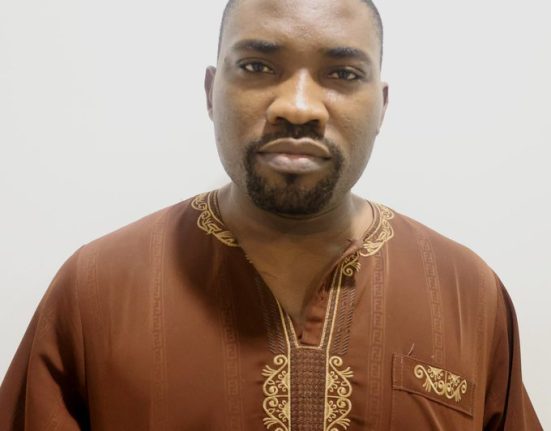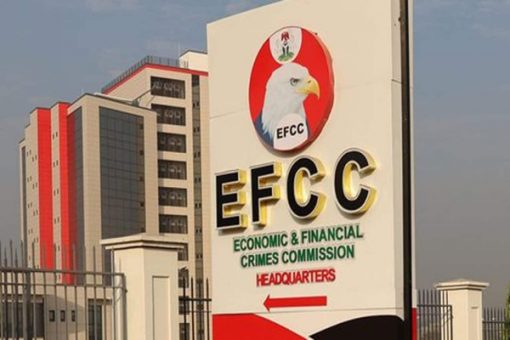The Economic and Financial Crimes Commission (EFCC) has arrested several former Managing Directors and top officials of Nigeria’s state-owned refineries in connection with the alleged mismanagement of $2.96 billion earmarked for rehabilitation projects.
The arrests, which followed months of investigation, involve former executives of the Port Harcourt Refining Company, Warri Refining and Petrochemical Company, and the Kaduna Refining and Petrochemical Company. Among those reportedly in EFCC custody are Ibrahim Onoja, former MD of the Port Harcourt Refinery, and Efifia Chu, who headed the Warri Refinery during the disbursement period.
According to EFCC sources, the probe is focused on the multi-billion-dollar allocations released for the so-called “quick-fix” rehabilitation of the refineries—$1.56 billion for Port Harcourt, $740 million for Kaduna, and $656 million for Warri. Despite these huge sums, none of the refineries have returned to optimal production, and Nigeria continues to rely heavily on imported refined petroleum products.
A senior official at the EFCC confirmed that several former executives are being questioned to account for the disbursed funds, some of which have reportedly not been traced to any verifiable project. “We are investigating the money released for the rehabilitation of the three major refineries in recent years. Some of the officials have been arrested, and more will be invited as the investigation continues,” the source said.
In a striking development, over ₦80 billion—an equivalent of around $100 million—was allegedly traced to the personal bank account of one of the former refinery MDs, raising red flags about the scale of potential financial misconduct.
The EFCC has vowed to ensure thorough prosecution of all individuals found culpable in what could become one of the largest public sector fraud cases in recent years. Meanwhile, public outrage continues to mount as questions linger over why the country’s critical oil infrastructure remains non-functional despite repeated multi-billion-dollar interventions.
The anti-graft agency’s investigation is ongoing, with more arrests expected in the coming days.


